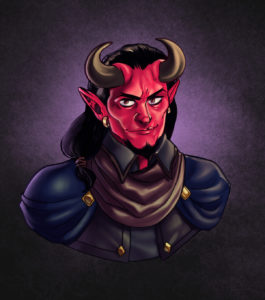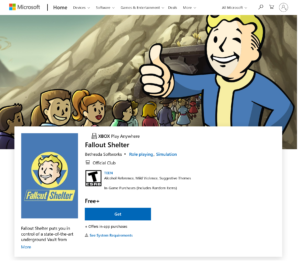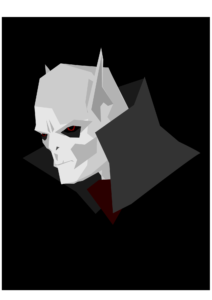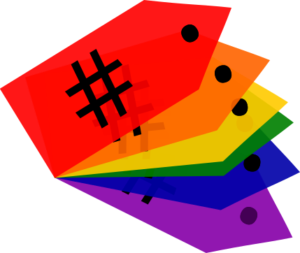
Your Warlock needs a Patron, and has selected Asmodeus – Overlord of the Nine Hells. This controversial decision could cause the other adventurers to distrust your character. That said, it is entirely possible to have Asmodeus as your Patron without being evil.
The Cinnamon Roll
My Warlock, Morley, was new to adventuring. He started with very few cantrips, and wasn’t sure what those even did. He was a terrible shot with a crossbow. Warlocks start out squishy, and his ineptness might have made the other player characters see him as someone to protect.
Morley often mentioned his father, who made the best coffee. There were times when Morley got very homesick and just wanted to see his father again. Put this all together, and you have a Cinnamon Roll.
A Special Skill
Give your Warlock a skill that he can use to create something. Morley is a weaver, and one of the first things he did was weave masks for his fellow party members. The masks came in handy when they traveled through areas with bad air – or needed to avoid inhaling a disintegrated monster. He also weaved bookmarks for librarians, asking each what color they wanted and what quote he should weave into it.
Your Warlock doesn’t have to be a weaver. Pick a skill that your Warlock could use to endear themself to those around them. Fit it into the Warlock’s backstory.
Charisma
Warlocks with high enough Charisma can use it to persuade enemies to run away. Enemies that are not very smart (or strong) might immediately turn and run – especially if the Warlock is a Tiefling who looks demonic.
A Warlock can use Thaumaturgy to make their voice boom loudly, if a tougher enemy requires more encouragement to run from battle. A Cinnamon Roll Warlock may prefer scaring enemies away rather than fighting them.
Fire Fire Fire
Warlocks who have Asmodeus as their Patron might receive cantrips and spells that involve fire. This can include Control Flames, Create Bonfire, Hellish Rebuke, Burning Hands, and Fireball. Obviously, fire based skills can be used to set an enemy on fire while in battle.
Control Flames can be used in unique ways. The tavern your party is inside of caught fire? Use Control Flames to put the fire out. Need to stop a rocket ship from lifting off? Use Control Flames on the burners to extinguish it. Your Warlock is on fire? Control Flames puts it out!
Add all of this together, and you have a Cinnamon Roll Warlock who is obviously not evil, despite having Asmodeus as their Patron. The innocence of the character can be beneficial when the rest of the party finally learns who the Warlock’s patron actually is. …Maybe it’s just a phase?

 While Dungeons & Dragons can have serious moments, it also allows for goofy fun. Not so with Vampire the Masquerade. This is a game of secrets that are kept hidden from other players. A revealed secret can cause tension and danger for those who know it. There is also a conflict if the player characters are from different clans, each of which have motives that are unique to them.
While Dungeons & Dragons can have serious moments, it also allows for goofy fun. Not so with Vampire the Masquerade. This is a game of secrets that are kept hidden from other players. A revealed secret can cause tension and danger for those who know it. There is also a conflict if the player characters are from different clans, each of which have motives that are unique to them. Xbox posted information in its
Xbox posted information in its  This is a wonderful decision because it makes gaming more accessible. People who are deaf or hard of hearing will now be able to see what is said in party chat because those words are transcribed into text.
This is a wonderful decision because it makes gaming more accessible. People who are deaf or hard of hearing will now be able to see what is said in party chat because those words are transcribed into text. Twitch recently added
Twitch recently added